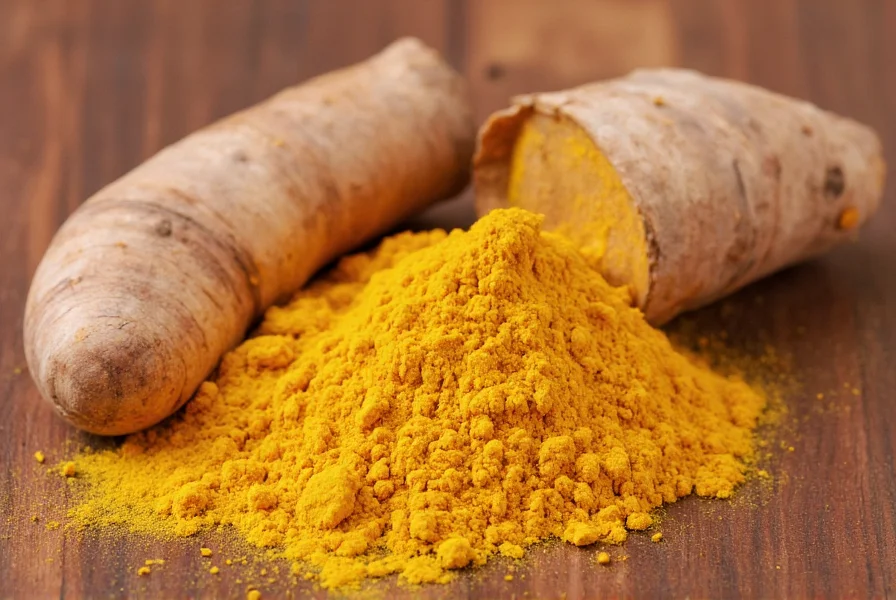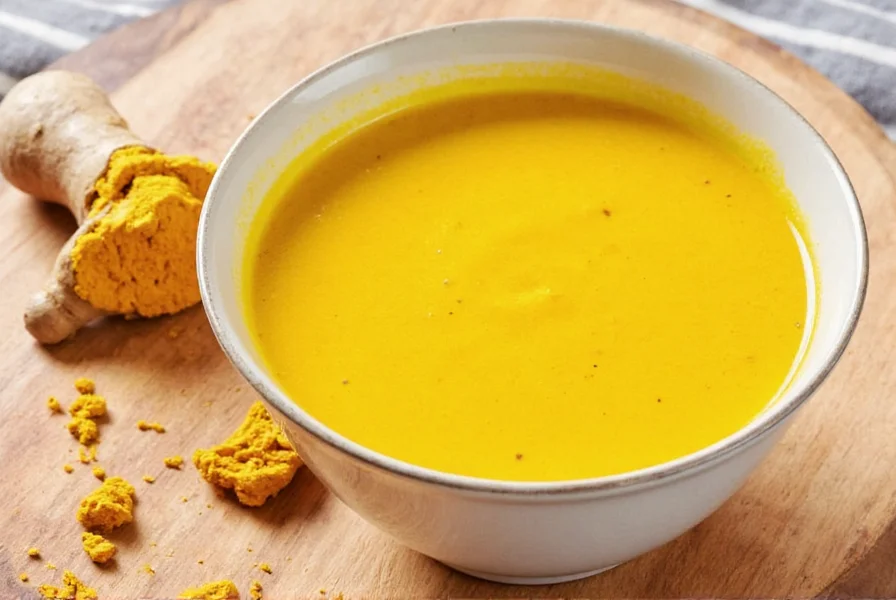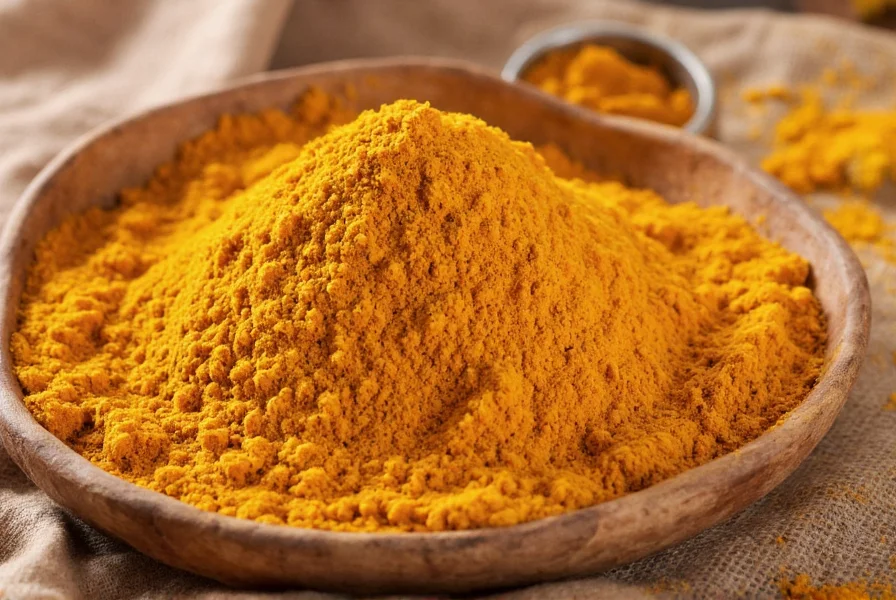For centuries, turmeric has been valued in traditional medicine systems, but modern science is now validating many of its purported advantages. This golden spice, derived from the Curcuma longa plant, contains curcuminoids—particularly curcumin—which account for most of its health-promoting properties. While turmeric alone contains only about 3% curcumin by weight, concentrated extracts and proper preparation methods can enhance its effectiveness.
Key Scientifically-Supported Advantages of Turmeric
Understanding turmeric's benefits requires examining the research behind its most significant advantages. Unlike many wellness trends, turmeric has substantial scientific literature supporting its effects, though results vary based on formulation and individual factors.
Powerful Anti-Inflammatory Properties
Chronic inflammation contributes to numerous health conditions, from arthritis to heart disease. Curcumin demonstrates remarkable anti-inflammatory capabilities by inhibiting multiple molecules involved in inflammation pathways. A comprehensive review published in Journal of Medicinal Food found curcumin's effectiveness comparable to certain anti-inflammatory medications—but without the same side effect profile. This makes turmeric particularly valuable for managing conditions like osteoarthritis, where research shows significant reduction in joint pain and improved mobility after consistent use.

Antioxidant Capacity and Cellular Protection
As a potent antioxidant, curcumin neutralizes free radicals while also stimulating the body's own antioxidant enzymes. This dual action provides comprehensive protection against oxidative damage, which contributes to aging and various diseases. Studies indicate turmeric's antioxidant effects may help protect against neurodegenerative conditions by reducing oxidative stress in brain tissue. The spice's ability to boost levels of glutathione—the body's master antioxidant—further enhances its protective benefits.
Brain Health and Cognitive Function Support
Emerging research suggests turmeric may support brain health through multiple mechanisms. Curcumin increases levels of brain-derived neurotrophic factor (BDNF), a growth hormone that functions in the brain. Declining BDNF levels are associated with cognitive decline and depression. Clinical trials examining turmeric's effects on cognitive function show promising results, particularly for age-related memory changes. A study in the American Journal of Geriatric Psychiatry demonstrated improved memory and attention in older adults taking curcumin supplements over an 18-month period.
| Key Turmeric Benefit | Scientific Evidence Level | Recommended Form |
|---|---|---|
| Anti-inflammatory effects | Strong clinical evidence | Curcumin with black pepper |
| Antioxidant protection | Well-established mechanism | Whole turmeric or extracts |
| Joint discomfort relief | Multiple positive studies | Standardized curcumin extracts |
| Cognitive support | Promising but developing research | Bioavailable curcumin formulations |
Cardiovascular Health Benefits
Turmeric shows potential for supporting heart health through multiple pathways. Research indicates curcumin improves endothelial function—the lining of blood vessels—which plays a crucial role in blood pressure regulation. A study in Nutrition Research found curcumin supplementation produced similar improvements in endothelial function as exercise in postmenopausal women. Additionally, turmeric's anti-inflammatory and antioxidant properties may help reduce risk factors associated with heart disease, including LDL cholesterol oxidation and inflammation markers.
Understanding Turmeric Bioavailability
One critical factor often overlooked when discussing turmeric's advantages is bioavailability. Curcumin has notoriously poor absorption when consumed alone. However, combining turmeric with black pepper (which contains piperine) can increase curcumin absorption by up to 2,000%. Consuming turmeric with healthy fats also enhances absorption due to curcumin's fat-soluble nature. Modern formulations address this challenge through phospholipid complexes, nanoparticles, and other delivery systems designed to maximize the body's ability to utilize curcumin.
Practical Applications and Considerations
For those seeking to incorporate turmeric's advantages into daily life, several approaches work effectively:
- Culinary use: Adding 1-2 teaspoons of turmeric to dishes, particularly with black pepper and healthy fats like olive oil or coconut milk
- Golden milk: A traditional preparation combining turmeric with warm milk (dairy or plant-based), black pepper, and healthy fats
- Supplementation: For therapeutic effects, standardized curcumin extracts (typically 500-1,000mg) providing 95% curcuminoids, preferably with enhanced absorption technology

Limitations and Safety Considerations
While turmeric offers numerous advantages, it's essential to maintain realistic expectations. Turmeric is not a miracle cure, and benefits typically develop gradually with consistent use. Some individuals may experience mild digestive upset at higher doses. Those taking blood thinners or diabetes medications should consult healthcare providers before using turmeric supplements, as potential interactions exist. Pregnant women should avoid high-dose supplementation though culinary use remains safe.
The scientific consensus indicates that while turmeric provides meaningful health advantages, it works best as part of a comprehensive approach to wellness rather than as a standalone solution. Its true value emerges through consistent, long-term incorporation into a healthy lifestyle.











 浙公网安备
33010002000092号
浙公网安备
33010002000092号 浙B2-20120091-4
浙B2-20120091-4